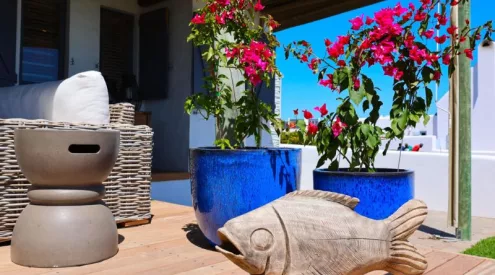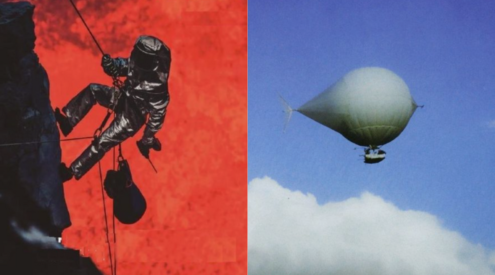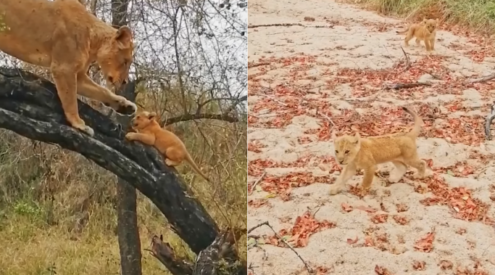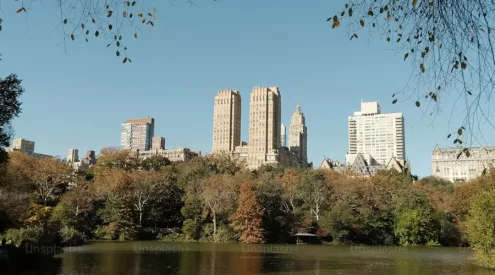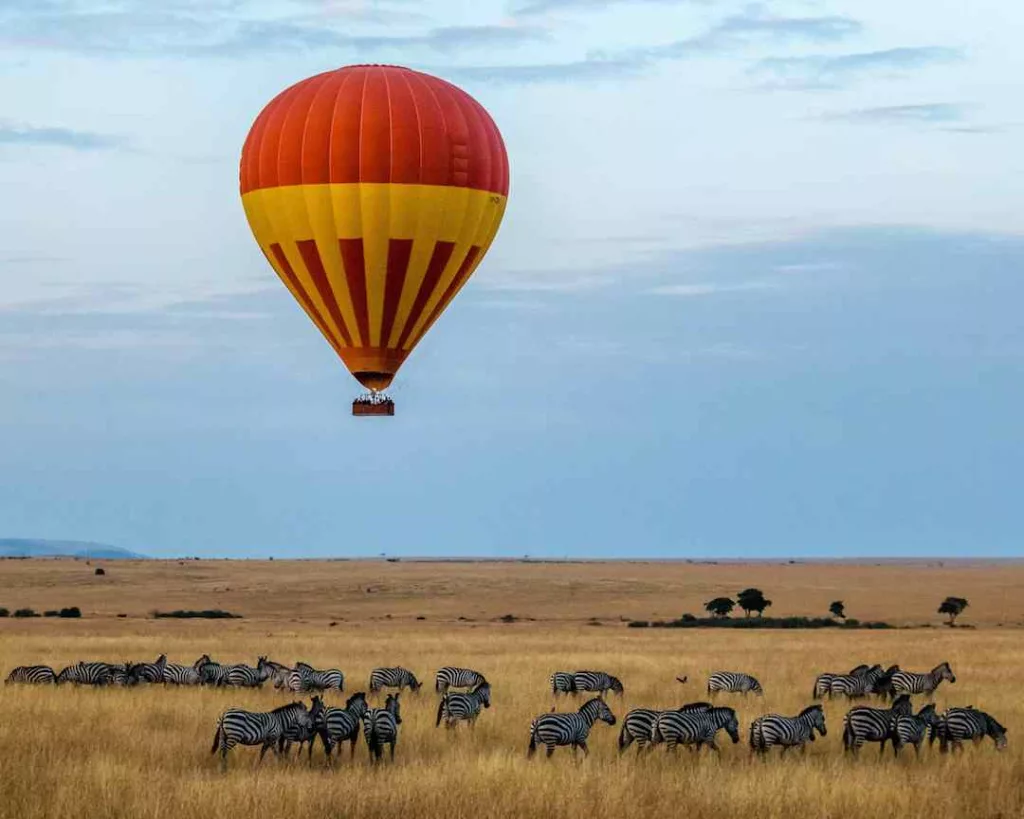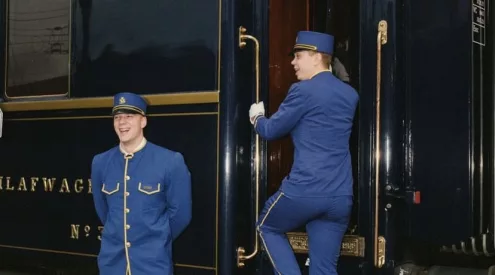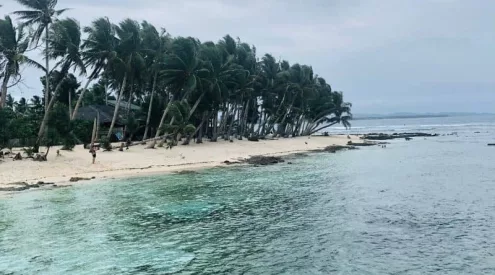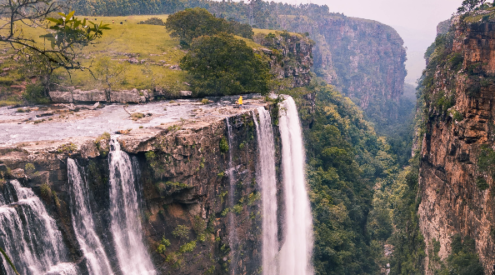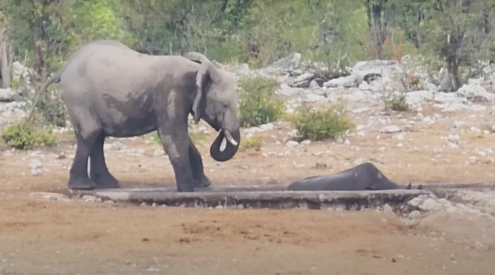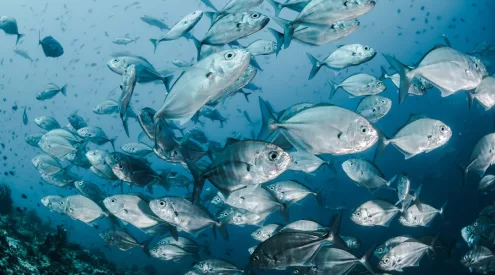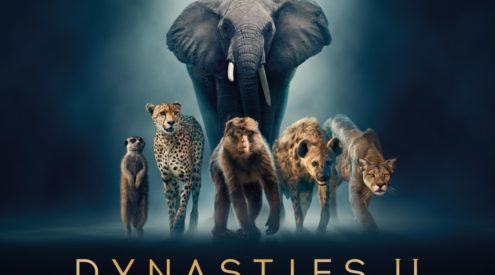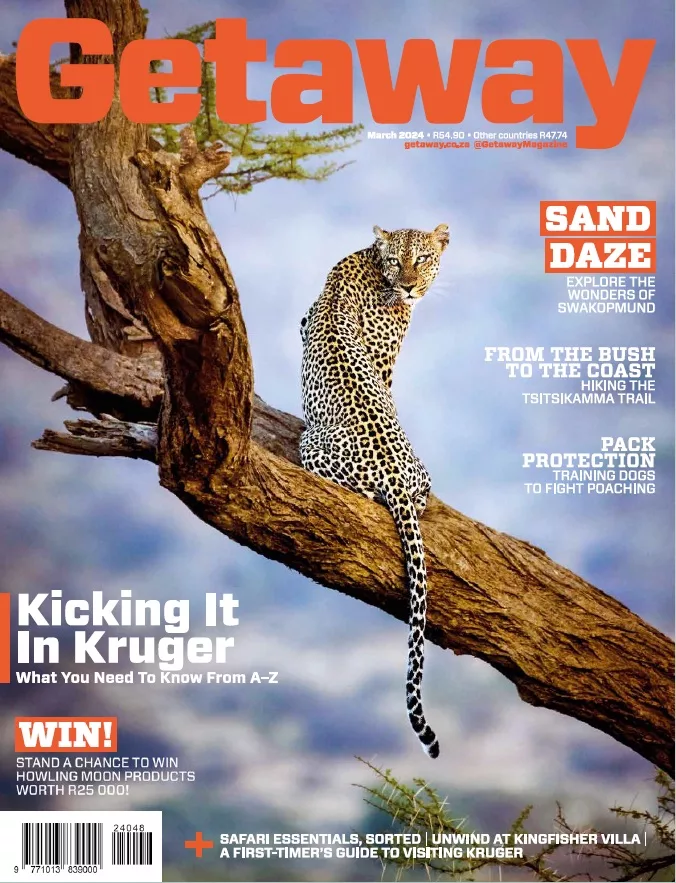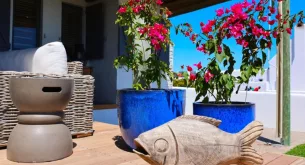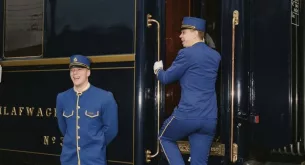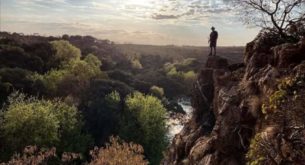Washington – Ivory Lodge’s gifted chef – asked me politely as always: “˜How would you like your steak?’ He was standing behind the red-hot coals of our night-time braai, with a giant bowl of meat positioned beside his sizzling grill.
“˜Only a small piece thanks; I don’t eat too much red meat. And well-done please; I like mine dead,’ I smiled.
There was a series of chuckles, followed by silence. And then all-of-a-sudden from right beside me came mutterings in Ndebele from a white-skinned man, followed closely by a few more (black-skinned) chuckles. I turned to the white man and grinned, asking that he translate what he’d just said (already fearful that I’d probably regret my probing).
“˜Not dead for me,’ he’d requested. “˜I’ll have mine just a little bit hurt!’ “¦
“¦ And so we departed, he with an apparently delicious medium-rare slab of beef on his piled-up plate and me with my small piece of steak (that did indeed look more than a little bit hurt).
Banterings around a good old African braai (just like around a good old Aussie bar-b-que) are often memorable. When there’s a steady stream of elephants slurping and rumbling around the flood-lit waterhole directly in front of you, it’s even better. When there are white Zimbabweans (of a certain age and gender) in that gathering however, you’re well-advised to bring a book of translations.
“˜Wait!’ I interrupted, searching the eyes of our overseas guests, who’d arrived hoping for a special Presidential Elephant encounter the next day. We were sitting lazily with our after-dinner drinks, mesmerised by long, luxurious campfire flames licking the cool air. “˜There were like five words,’ I stated somewhat dramatically, “˜in your last sentence that I’m quite sure nobody here understood!'”¦
Be prepared, while in Zim, to be confronted with words like laaity (child); flattie (crocodile); hunna-hunna (problem); lekker (nice); katundu (luggage); dopping (drinking alcohol); muti (medicine); nyama (meat); babalas (hangover); dagga (marijuana); chaya’d or donnered (hit hard); hondo (war); fundi (expert) “¦ and the list goes on. After 10 years, I still can’t mask the smile that this mixture of slang and local languages brings.
Soon, he’s taking me apart – in the most friendly of ways – for being an elephant-sexist. It’s well-known that my love of elephants lies primarily with the females and their close-knit families (which is not to say, I must add, that I don’t also admire the big males). But it’s an ongoing joke that I can’t really deny, since I do indeed love “˜the girls’.
“˜I’m off to bed. Goodnight!’ I eventually declare, getting up from my comfy canvas chair.
“˜But there’s still hobos (lots) of ndlovus (elephants) here,’ comes the surprised reply, his index finger pointing persuasively into the flood-lit night.
“˜Yes, but they’re just boys,’ I smirk”¦

